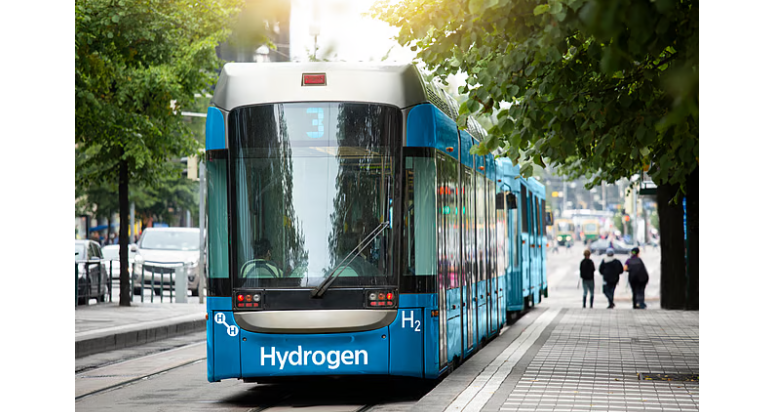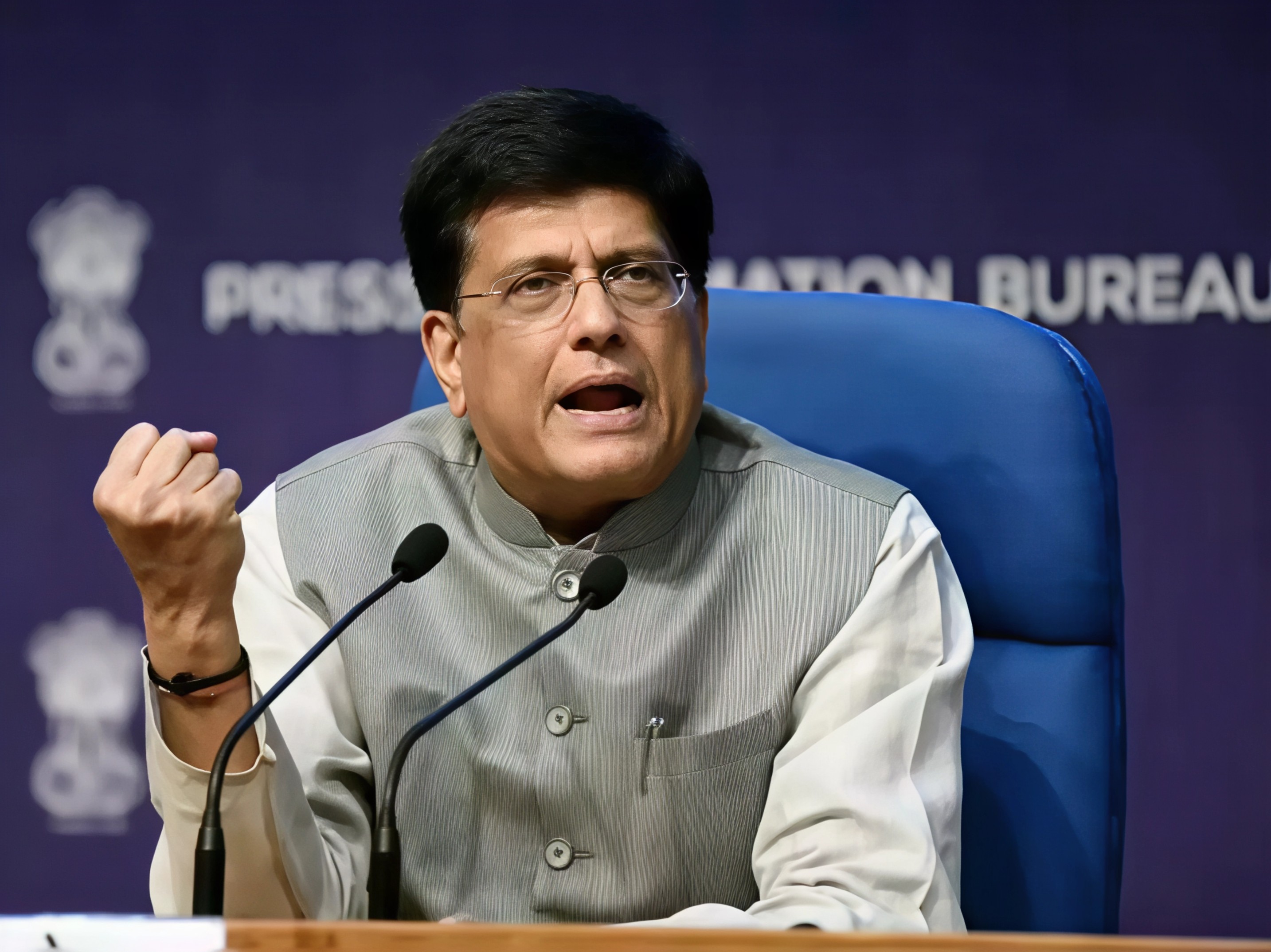India has just taken a major leap forward in its clean energy ambitions. On July 25, the country successfully tested its first hydrogen-powered train coach at the Integral Coach Factory in Chennai. This test marks a crucial moment in India’s Hydrogen for Heritage initiative, aimed at making rail transport more sustainable and aligned with the country’s growing climate goals.
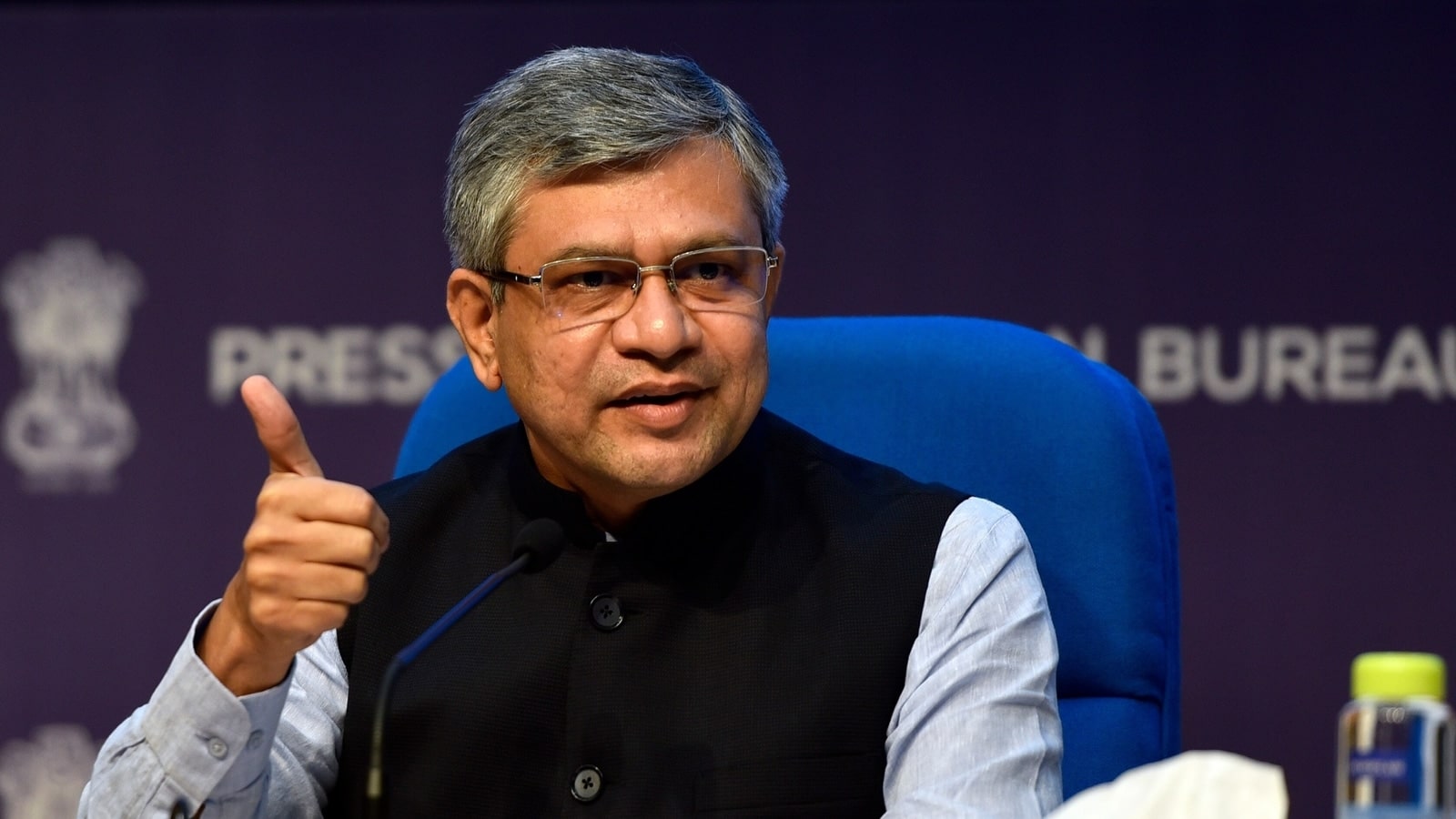
The trial was celebrated as a historic breakthrough. Railway Minister Ashwini Vaishnaw shared the news with a video of the trial, calling it a landmark moment in India’s journey toward becoming a future-ready nation. He confirmed that the hydrogen train being developed is powered by a 1,200-horsepower propulsion system. Once fully operational, this will place India among the few global leaders in hydrogen-powered railway technology.
The first hydrogen train will run between Jind and Sonipat stations in Haryana. It is expected to complete two round trips covering a total of 356 kilometers per day. As a part of the larger plan, Indian Railways intends to eventually run 35 such trains across heritage and hill routes. This will be a game changer for cleaner mobility in ecologically sensitive regions.
The development of the hydrogen-powered coach has involved a dedicated multi-year effort. Work on the project began in the 2020–2021 period and included converting existing diesel-powered units into hydrogen-powered traction systems. The final train will have ten coaches and will be capable of carrying over 2,600 passengers. The retrofitting and design were executed by Hyderabad-based Medha Servo Drives at the Chennai ICF, showcasing a successful partnership between public vision and private innovation.
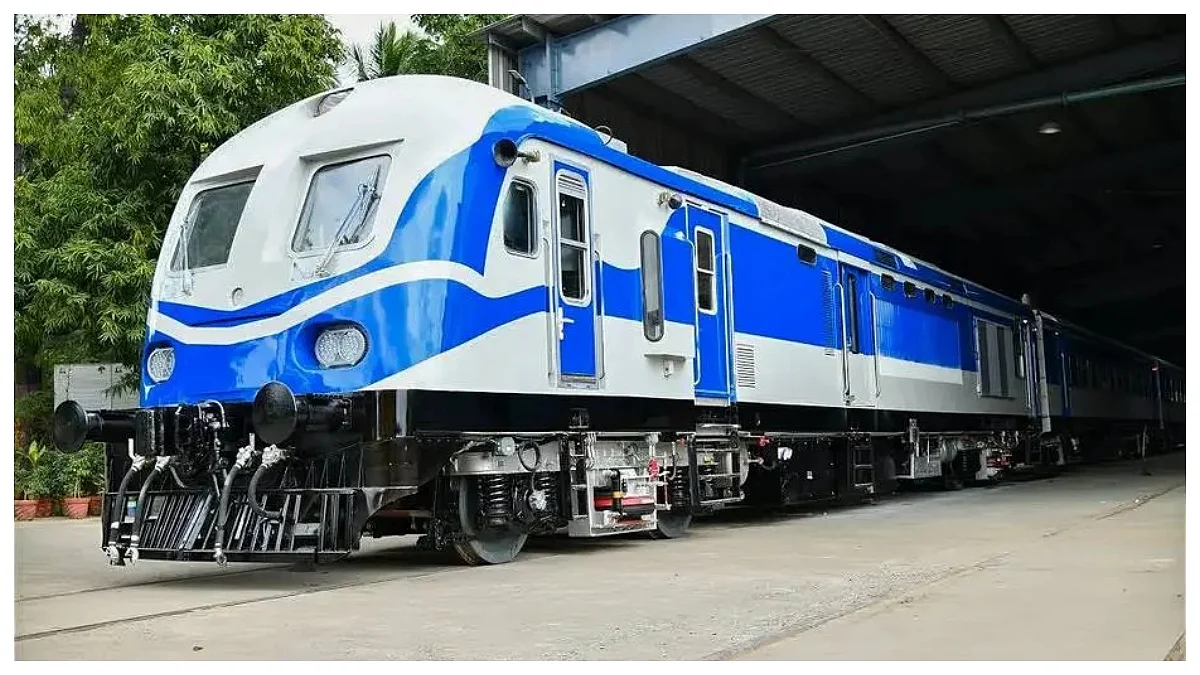
In addition to the train itself, the infrastructure to support this shift is also being built. A hydrogen storage and refueling facility with a storage capacity of 3,000 kilograms of hydrogen is being developed in Haryana’s Jind district. This station will play a vital role in making the project feasible for day-to-day operations.
Hydrogen, as a fuel, is completely clean. Its only emission is water vapor. This makes it one of the most promising solutions for reducing carbon emissions in heavy-duty transport like railways. Although the initial cost of running hydrogen-powered trains is relatively high, experts believe that costs will gradually reduce as the technology scales up and becomes more efficient.
Each hydrogen train is estimated to cost around 80 crore rupees, with an additional 70 crore needed per route for the necessary infrastructure. A pilot project valued at over 111 crore is already underway and will serve as the benchmark for future rollouts.
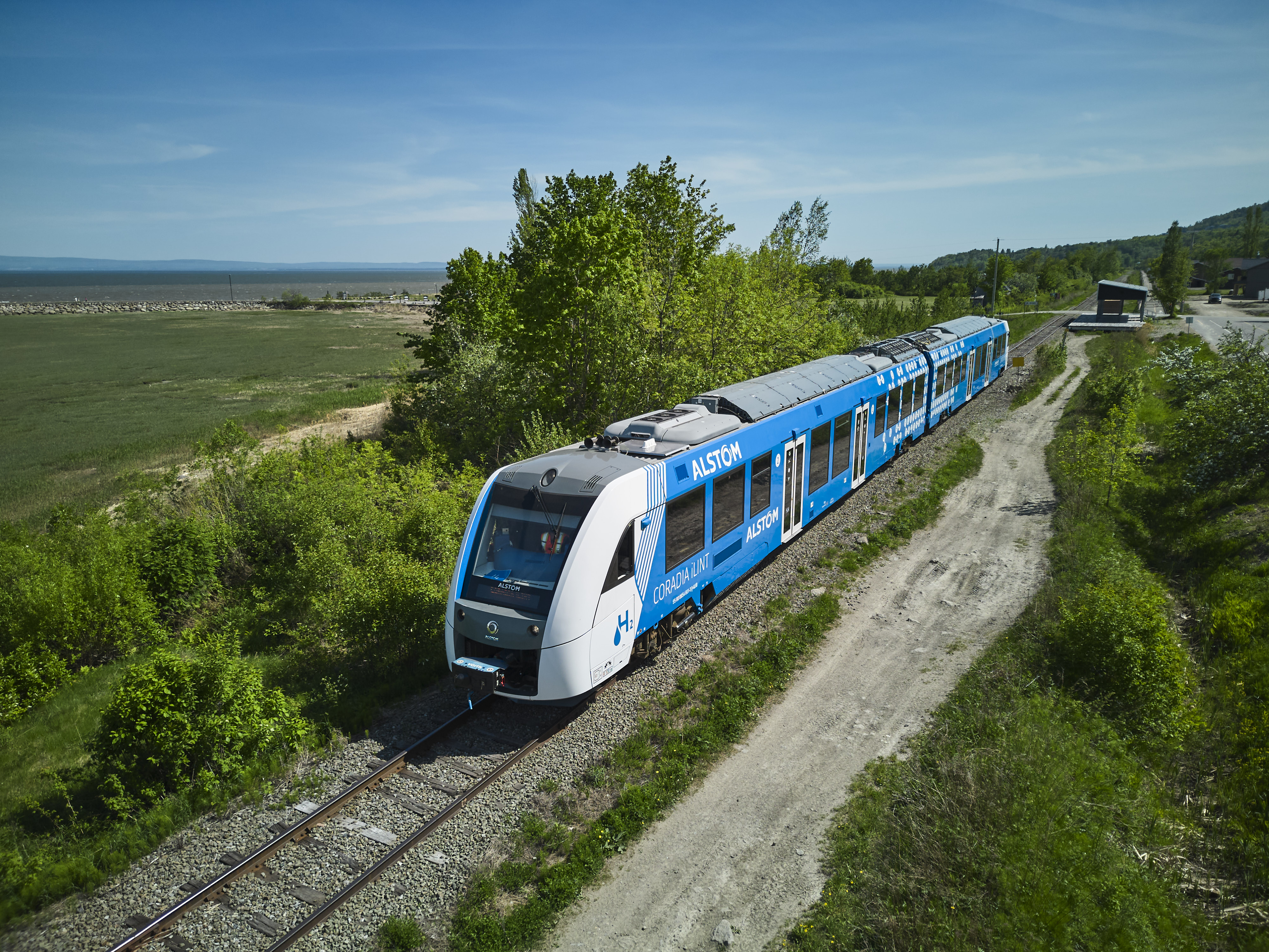
In terms of safety, the hydrogen coach is undergoing third-party certification from TÜV SÜD, a reputed German safety organization. This step is essential to ensure that every aspect of the train, from fuel storage to engine performance, meets international safety standards.
India’s broader energy landscape is also evolving in parallel. As of June 2025, more than 50 percent of the country’s installed electricity generation capacity comes from non-fossil fuel sources. The introduction of hydrogen rail transport is a powerful extension of that green commitment and underscores India’s dedication to clean innovation.
This is not just a win for the railways, but for the entire country’s fight against pollution and climate change. With such efforts, India is not only preserving its environmental heritage but also offering a model for other countries to follow in the shift toward green mobility.
For more updates on travel, innovation and eco-friendly tourism, follow Travel Moves on Instagram and Facebook.

